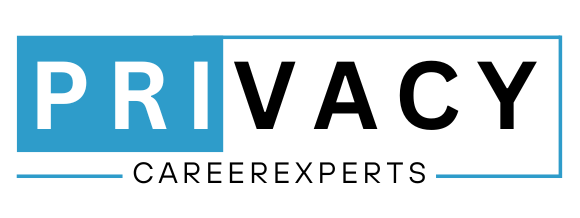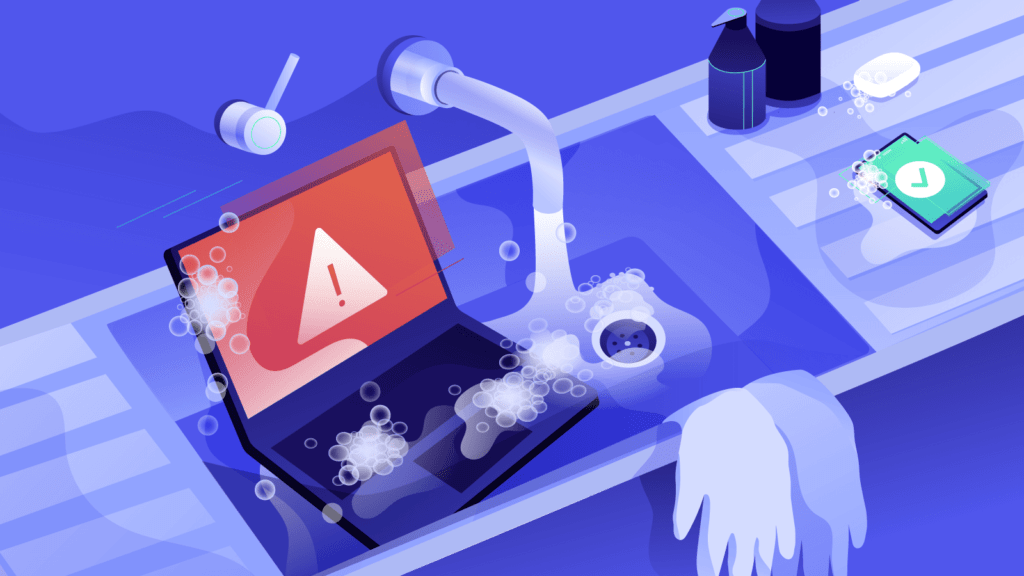Cyber hygiene has emerged as a crucial strategy for building operational resilience as the number of assaults has increased globally, disrupting commercial and governmental processes, frequently resulting in large ransomware payouts and damaged corporate reputations.
You ought to have a cyber hygiene routine, just like you would take a shower and brush your teeth in the morning. This entails exercising caution when deciding with whom to share your data and utilizing cybersecurity solutions to safeguard your network and devices. Indeed, activities like brushing your teeth and taking a shower aren’t typically connected with technology, but the phrase serves as a helpful metaphor for the need to utilize your smart gadgets wisely.
You learn about good hygiene as a child, and it usually sticks with you for the rest of your life. Utilizing tools and materials that are appropriate for your hygiene requirements, carrying out these sanitary chores appropriately, and creating a routine are the three fundamental elements involved. Cyber hygiene is to safeguard sensitive information and shield it from theft and threats. The idea operates in a manner comparable to personal hygiene.
WHAT IS CYBER HYGIENE?
Cyber hygiene is a set of routine behaviors that guarantee the secure management of sensitive information and network security. It’s similar to personal hygiene when you establish a pattern of quick, simple tasks to avoid or lessen health issues. The list of all endpoints linked to a network, vulnerability management, and software and application patching are all examples of cyber hygiene procedures.
Cyber hygiene reduces the opportunity cost for hackers to infiltrate an organization’s network, or at the very least makes it so difficult that they give up and hunt for another target. A lot of today’s attacks are indeed getting more and more sophisticated, relying on social engineering to persuade a victim to provide valuable information, going after “whales” (high-level executives), or putting malware in a supply chain that can later infect hundreds of others.
The truth is that routine mistakes—such as failing to know which endpoints are connecting to your network, to consistently and quickly monitor and deploy patch updates, to make the proper security configurations, and to swiftly identify and resolve breaches before they can negatively impact core business operations—are the root cause of the majority of successful attacks. Cybercriminals profit from these errors.
Each of the various computers, servers, databases, virtual machines, mobile devices, operating systems, applications, and tools that make up the average business network is a possible attack vector. Inadequate upkeep of these can lead to a variety of problems, including outdated user privileges, unpatched software, lost or misplaced data, and unpatched hardware. In this approach, a situation becomes more dangerous over time and exposes you to numerous risks.
Each of the various computers, servers, databases, virtual machines, mobile devices, operating systems, applications, and tools that make up the average business network is a possible attack vector. Inadequate upkeep of these can lead to a variety of problems, including outdated user privileges, unpatched software, lost or misplaced data, and unpatched hardware. In this approach, a situation becomes more dangerous over time and exposes you to numerous risks.
By recognizing risks and implementing processes and tactics to decrease or address them, cyber hygiene contributes to the reduction of those vulnerabilities. Organizations can improve their security posture and better protect themselves from damaging breaches by practicing good cyber hygiene.
VARIOUS TIPS TO MAINTAIN CYBER HYGIENE –
Everyone is vulnerable to cyberattacks whenever they are online, whether it be at home, at work, while commuting, or when working from home. To lower your risk of fraud, you must practice proper cyber hygiene.
- Protection Of Devices:
Get an antivirus that checks external hard drives, attachments, downloads, and websites. Antivirus software has changed; it no longer only scans for infections. It also has additional security measures, such as behavioral analysis that can spot suspect activities on a device.
Among other things, a decent protection solution provides firewalls, which examine the incoming and outgoing connections on the computer network and stop fraudulent activities. A virus that gets installed collects data and tries to interact with the hacker to deliver it to them. A firewall could prevent this type of information transmission. Additionally, confirm that these security precautions are active frequently.
- Pick a safe Wi-Fi network:
Do not connect your phone, tablet, or computer to unsecured or public Wi-Fi networks. A scammer could get your personal information if you’re linked to a public Wi-Fi network. High-end hotels are a favorite for scammers. They are aware that customers may have critical firm information. It’s beneficial to stay away from any kind of private online activity, such as checking your email or logging into your bank account, on a public network. Change the router’s and network’s default passwords to safeguard your home Wi-Fi.
- Create secure passwords:
One can secure the accounts on their personal and work-related devices by using a strong password. It must be as extensive as possible, make sense only to them, and be original. Never reveal or write down your passwords. To significantly lower your risk of fraud, you can also enable two-factor authentication, a two-step identity verification method.
- Regularly update your software:
Download the most latest versions of operating systems, web browsers, security software, and third-party applications. These updates fix newly discovered security flaws. On your devices, you may enable automatic updates.
- Be sure to have a fallback strategy:
A safe copy of each of your key documents should be kept. This could help you identify them in case your devices are lost or stolen, as well as help you recover your information if you become a phishing victim. Make sure to have a backup that can be used offline, perhaps on a cloud app. If updates are sent to an external hard drive that is connected to an infected device, the data may be in danger.
- Before you click, look:
Always be on the lookout for unwanted emails, SMS, social media chat, and other forms of communication. Never open an attachment or click on a link unless you are certain it is secure.
- Do not divulge private details on social media:
A fraudster could be able to access your accounts through some of the information you share online, or they might be able to build a convincing-looking fake account for phishing. Likewise, don’t divulge too much about your professional life. A user who says they work as a financial systems administrator on their profile may come under the attention of a scammer who is curious about their employer.
- Maintain a spotless hard disc:
It’s crucial to make sure that no personal or sensitive information is shared when you sell your laptop, tablet, or smartphone. A clean hard drive implies less information will be accessed if your device is hacked.
However, simply erasing files or data might not be sufficient. Reformatting your hard disc before wiping it clean is a crucial component of proper cyber hygiene. For instance, you should think about disk-wiping to erase software and data from your hard drive if you intend to sell your computer and have used it for online banking.
CYBER HYGIENE TIPS FOR WORK-FROM-HOME EMPLOYEES:
Even if someone works from home, one should still adhere to their employer’s recommended Internet security procedures. Other cybersecurity precautions for remote employment include the following:
- Use a virtual private network (VPN) to connect remote devices securely and directly. It links you to the company’s network “like a tunnel,” the expert explains. Because the connection established within the network is secure, you will be safe even if you are connected over an insecure Wi-Fi network.
- Don’t utilize personal devices to share any work-related information. A working computer frequently has tested security software that is more secure than a personal PC.
- Use the equipment one company has provided strictly for work. Personal online behavior raises the possibility of fraud and may reveal private data.
- One device’s voice assistants should be turned off. A voice assistant that is enabled responds when one speaks to it. Therefore, it is constantly listening. Although there is no evidence that this can lead to security breaches, it is always best to be safe than sorry, especially when having private discussions.
CONCLUSION:
Your chances of avoiding an online threat might be improved by learning to frequently check your cyber security. But to establish a new habit, repetition and regularity are necessary.
Set an alarm or make notes on a calendar to remind yourself to complete a list of tasks, such as updating the operating systems of all your devices, wiping the hard drive, resetting your passwords, and screening for viruses with antivirus software. Once you start to master cyber hygiene, it will come naturally to you.
The guidelines for better cyber hygiene are straightforward once you understand them. Once they become ingrained in your behavior, they will aid in defending you from frequent scam tactics. Get in touch with us at info@tsaaro.com If you want to run an audit of your consent practices, check out our Regulatory Compliance Service, and Schedule a call with our experts by clicking here.






